- ImageCLEF 2025
- LifeCLEF 2025
- ImageCLEF 2024
- LifeCLEF 2024
- ImageCLEF 2023
- LifeCLEF 2023
- ImageCLEF 2022
- LifeCLEF2022
- ImageCLEF 2021
- LifeCLEF 2021
- ImageCLEF 2020
- LifeCLEF 2020
- ImageCLEF 2019
- LifeCLEF 2019
- ImageCLEF 2018
- LifeCLEF 2018
- ImageCLEF 2017
- LifeCLEF2017
- ImageCLEF 2016
- LifeCLEF 2016
- ImageCLEF 2015
- LifeCLEF 2015
- ImageCLEF 2014
- LifeCLEF 2014
- ImageCLEF 2013
- ImageCLEF 2012
- ImageCLEF 2011
- ImageCLEF 2010
- ImageCLEF 2009
- ImageCLEF 2008
- ImageCLEF 2007
- ImageCLEF 2006
- ImageCLEF 2005
- ImageCLEF 2004
- ImageCLEF 2003
- Publications
- Old resources
You are here
LifeCLEF 2017
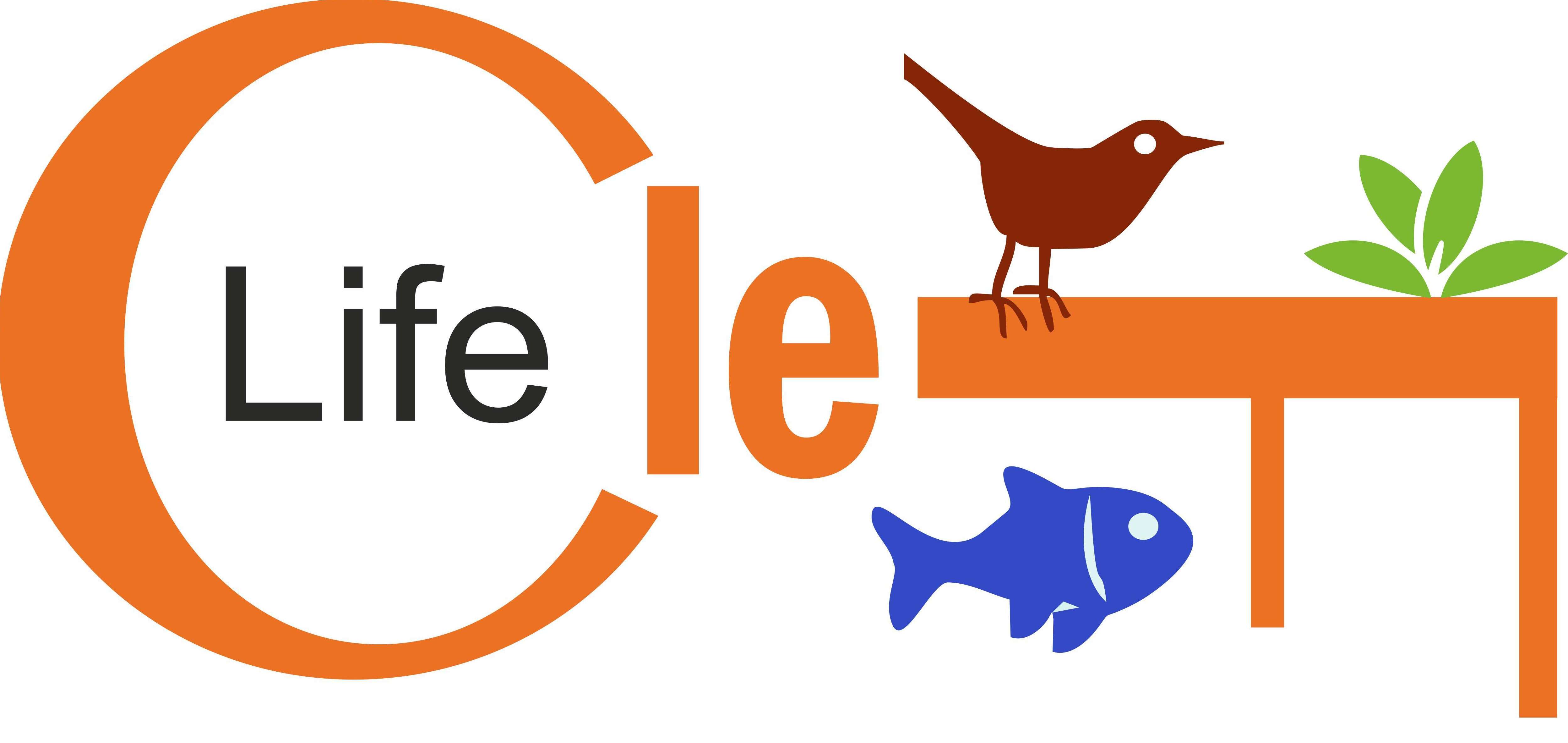
Results Publication
The overview paper summarizing the results of all LifeCLEF 2017 challenges is available: HERE (pdf)
Individual working notes of tasks organizers and participants can be found within CLEF 2017 CEUR-WS proceedings.
LifeCLEF 2017 Workshop Program
Tuesday 12th Sept 9:00 → 9:40 ImageCLEF/LifeCLEF join session - chair: Bogdan Ionescu
Wednesday 13th Sept 13:45 → 15:45 LifeCLEF session 1 - chair: Alexis Joly
Abstract: This presentation will overview the development of deep learning systems at QUT which underpin the vision systems of robots such as AgBot II (for broadacre weed management) and Harvey (automated sweet pepper harvesting). In particular, the talk will discuss adaptations of the FasteRCNN approach of object detection to exploit multi-modal (RGB and NIR) information and describe methods to derive efficient deep convolutional neural network (DCNN) approaches that can be deployed on robotic platforms which are resource limited, such as Harvey and AgBot II.
Bio: Chris McCool is a senior research fellow within the Robotics and Autonomous Systems (RAS) discipline at the Queensland University of Technology. Dr McCool’s research interests lie in the development of novel methods for applied computer vision and pattern recognition to solve challenging tasks in real-world environments. A particular focus of his research has been on enabling robots to perform autonomous operations in Agriculture, as part of the Strategic Investment in Farm Robotics (SIFR) program at QUT.
Wednesday 13th Sept 16:15 → 18:15 LifeCLEF session 2 - chair: Hervé Goëau
Registration
- If you have not registered in the past or have changed affiliation you can register for 2017 here.
- For people already registered in the past, you can transfer your registration details to CLEF 2017 here.
Schedule
- 14th Nov 2016: registration opens for all LifeCLEF tasks (until 30.04.2017)
- Jan 2016 - March 2017: training data release (depends on the task)
- April 2017: test data release
- 12th May 2017: deadline for submission of runs by the participants
- 18th May 2017: release of processed results by the task organizers
- 2nd June 2017: deadline for submission of working notes papers by the participants
- 20th June 2017: notification of acceptance of the working notes papers
- 3rd July 2017: camera ready working notes papers
- 11th-14th Sept 2017: CLEF 2017 Dublin, Ireland
Motivation
Building accurate knowledge of the identity, the geographic distribution and the evolution of living species is essential for a sustainable development of humanity as well as for biodiversity conservation. Unfortunately, such basic information is often only partially available for professional stakeholders, teachers, scientists and citizens, and often incomplete for ecosystems that possess the highest diversity. A noticeable cause and consequence of this sparse knowledge is that identifying living plants or animals is usually impossible for the general public, and often a difficult task for professionals, such as farmers, fish farmer or foresters and even also for the naturalists and specialists themselves. This taxonomic gap was actually identified as one of the main ecological challenges to be solved during the Rio’s United Nations Conference in 1992.

In this context, an ultimate ambition is to set up a world-scale collaborative workflow relying on the automated identification and understanding of living organisms as a mean to engage massive crowds of observers and boost the production of biodiversity and agro-biodiversity data. Whereas existing initiatives consider only a part of these objectives (e.g. building identification tools, or building biodiversity data sharing platforms, or building new crowdsourcing models), the ground-breaking concept underlying LifeCLEF is to initiate a long-term positive feedback loop as illustrated in in the above Figure. The release of innovative machine learning tools running on a variety of mobile and connected devices first allow engaging much more nature observers than current biodiversity-related participatory sensing initiatives or specialized social networks. This consequently boosts the production of biodiversity data (in particular for the species in the long-tail) and finally increases the performances of the automatic recognition tools that are trained on the produced data.
The LifeCLEF 2017 lab proposes three data-oriented challenges related to this vision, in the continuity of the two previous editions of the lab, but with several consistent novelties intended to push the boundaries of the state-of-the-art in several research directions at the frontier of information retrieval, machine learning and knowledge engineering including:
More concretely, the lab is organized around three tasks that are ran each year since the creation of LifeCLEF:
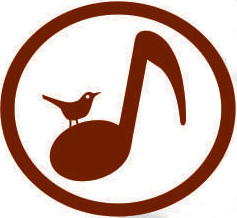 BirdCLEF: an audio record-based bird identification task
BirdCLEF: an audio record-based bird identification task PlantCLEF: an image-based plant identification task
PlantCLEF: an image-based plant identification task SeaCLEF: a visual-based sea-related organisms monitoring task
SeaCLEF: a visual-based sea-related organisms monitoring task
and a brave new pilot task:
CLEF Conference and working notes
 |
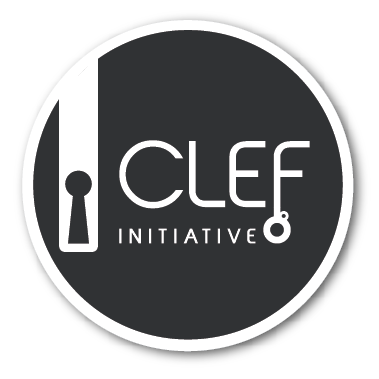 |
LifeCLEF lab is part of the Conference and Labs of the Evaluation Forum: CLEF 2017. CLEF 2017 consists of independent peer-reviewed workshops on a broad range of challenges in the fields of multilingual and multimodal information access evaluation, and a set of benchmarking activities carried in various labs designed to test different aspects of mono and cross-language Information retrieval systems. More details about the conference can be found here. Also there is more information about the Clef Initiative.
Submitting a working note with the full description of the methods used in each run is mandatory. Any run that could not be reproduced thanks to its description in the working notes might be removed from the official publication of the results. Working notes are published within CEUR-WS proceedings, resulting in an assignment of an individual DOI (URN) and an indexing by many bibliography systems including DBLP. According to the CEUR-WS policies, a light review of the working notes will be conducted by LifeCLEF organizing committee to ensure quality. As an illustration, LifeCLEF 2016 working notes (task overviews and participant working notes) can be found within CLEF 2016 CEUR-WS proceedings.
Contact
Coordination
- Alexis Joly, INRIA Sophia-Antipolis - ZENITH team, LIRMM, University of Montpellier, France, alexis.joly(replace-by-an-arrobe)inria.fr
- Henning Müller, University of Applied Sciences Western Switzerland in Sierre, Switzerland, henning.mueller(replace-by-an-arrobe)hevs.ch
BirdCLEF
- Hervé Glotin, University of Toulon, France, glotin(replace-by-an-arrobe)univ-tln.fr
- Hervé Goëau, Cirad - AMAP, Montpellie, France.
- Willem-Pier Vellinga, Xeno-Canto foundation for nature sounds, The Netherlands, wp(replace-by-an-arrobe)xeno-canto.org
- Alexis Joly, INRIA Sophia-Antipolis - ZENITH team, LIRMM, University of Montpellier, France, alexis.joly(replace-by-an-arrobe)inria.fr
PlantCLEF
- Hervé Goëau, Cirad - AMAP, Montpellier, France.
- Alexis Joly, INRIA Sophia-Antipolis - ZENITH team, LIRMM, University of Montpellier, France, alexis.joly(replace-by-an-arrobe)inria.fr
- Pierre Bonnet, Cirad – AMAP, Montpellier, France, pierre.bonnet(replace-by-an-arrobe)cirad.fr
SeaCLEF
- Concetto Spampinato, University of Catania, Italy, cspampin(replace-by-an-arrobe)dieei.unict.it
- Simone Palazzo, University of Catania, Italy, simone.palazzo(replace-by-an-arrobe)dieei.unict.it
- Jean-Christophe Lombardo, Inria, France,jean-christophe.lombardo(replace-by-an-arrobe)inria.fr>
- Anjara Saloma, Cetamada, Madagascar, anjara(replace-by-an-arrobe)cetamada.com
GeoLifeCLEF
- Christophe Botella, Inra – AMAP, Montpellier, France, Christophe Botella
- Erick Mata Montero, Instituto Tecnológico de Costa Rica, emata(replace-by-an-arrobe)itcr.ac.cr
- Hervé Goëau, Cirad – AMAP, Montpellier, France.
- Alexis Joly, INRIA Sophia-Antipolis - ZENITH team, LIRMM, University of Montpellier, France, alexis.joly(replace-by-an-arrobe)inria.fr
- Pierre Bonnet, Cirad – AMAP, Montpellier, France, pierre.bonnet(replace-by-an-arrobe)cirad.fr
Credits
- Ivan Eggel, University of Applied Sciences Western Switzerland, Sierre, Switzerland, ivan.eggel(replace-by-an-arrobe)hevs.ch
| Credits |
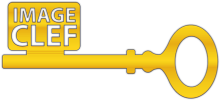
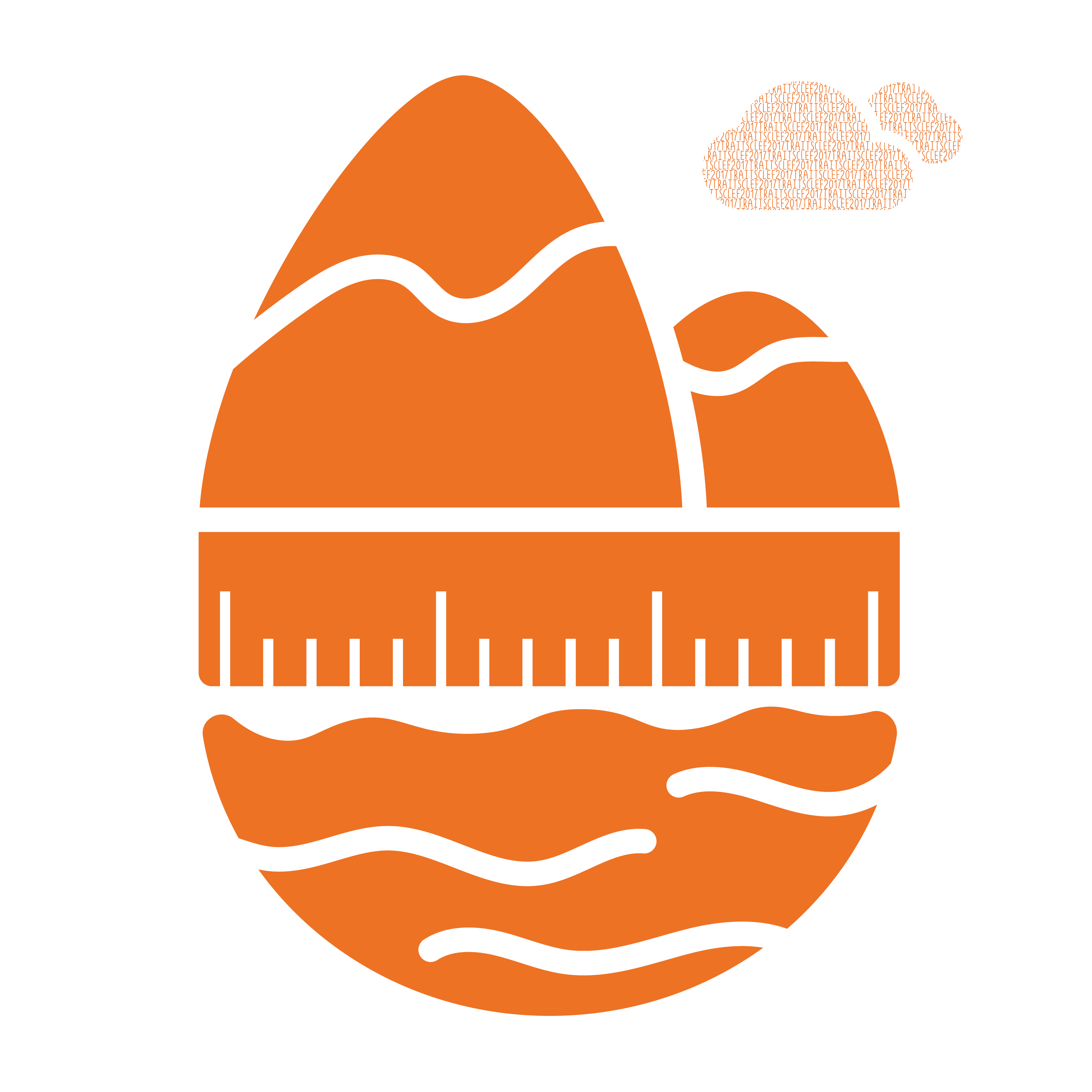 GeoLifeCLEF: location-based species recommendation
GeoLifeCLEF: location-based species recommendation